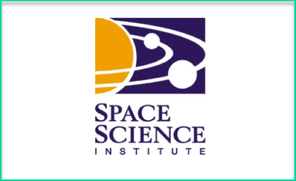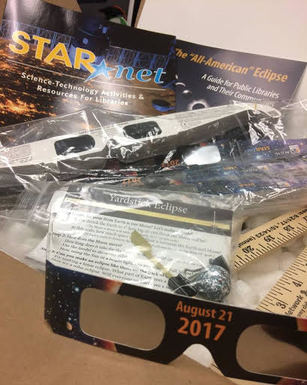
The libraries -- selected through a competitive application process from a pool of more than 500 applicants -- will participate in the 18-month project (Phase 1), with the opportunity to extend for an additional two-year period (Phase 2). A list of all of the selected sites is at http://www.ala.org/programming/nasalibrariesselectedsites .
"Libraries are essentially `learning laboratories'," said Kristen Erickson, director for science engagement and partnerships in the Science Mission Directorate at NASA Headquarters in Washington, D.C. "Providing additional tools and resources enables a broader impact for communities, and we're pleased to connect with libraries across the country to share our science."
NASA@MyLibrary strives to engage diverse communities in STEM learning, including communities that are underrepresented in STEM fields. The educational support materials and outreach opportunities provided are part of the STAR Library Education Network (STAR_Net), a hands-on learning program for libraries and their communities. "The NASA@MyLibrary program advances public libraries as community centers and critical hubs for lifelong learning," said Colorado Lt. Governor Donna Lynne. "It will also help fill a gap in STEM education and engagement in rural and other underserved areas by increasing opportunities for hands-on experiences for learners of all ages."
Participating libraries will hold public programs that engage various age groups and utilize the NASA STEM Facilitation Kits, NASA educational resources, and/or NASA subject matter experts. Programs include national and international STEM/space events (such as Earth Day, the 2017 solar eclipse, or International Observe the Moon Night), as well as storytimes, maker clubs, science cafes, and other STEM-related offerings. The programs will be held between May 2017 and October 2018.
NASA@MyLibrary is based upon work funded by NASA under cooperative agreement No. NNX16AE30A. Any opinions, findings, and conclusions or recommendations expressed in this material are those of the NASA@MyLibrary initiative and do not necessarily reflect the views of the National Aeronautics and Space Administration.













